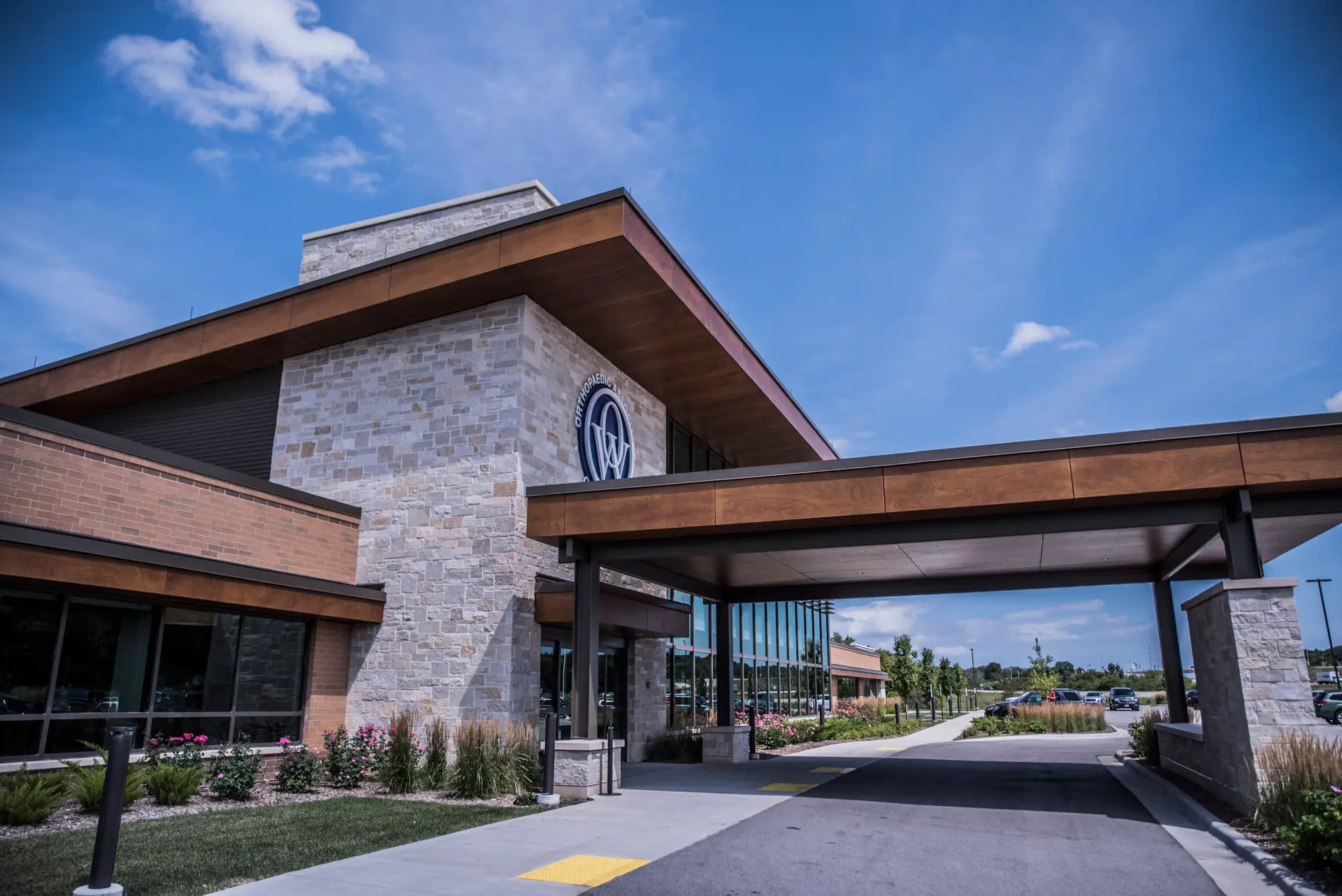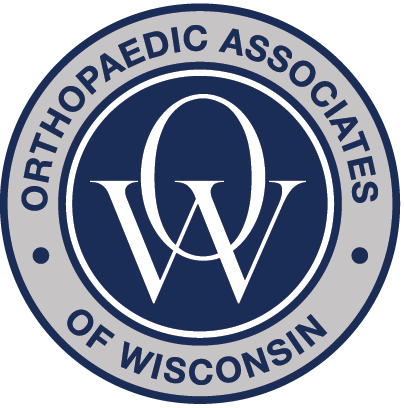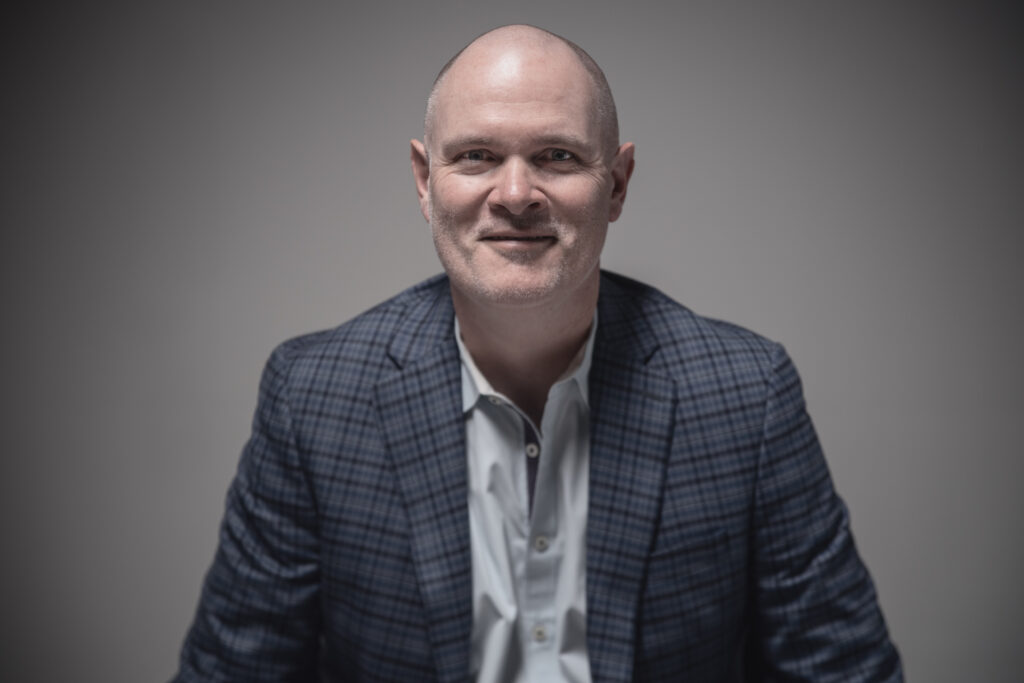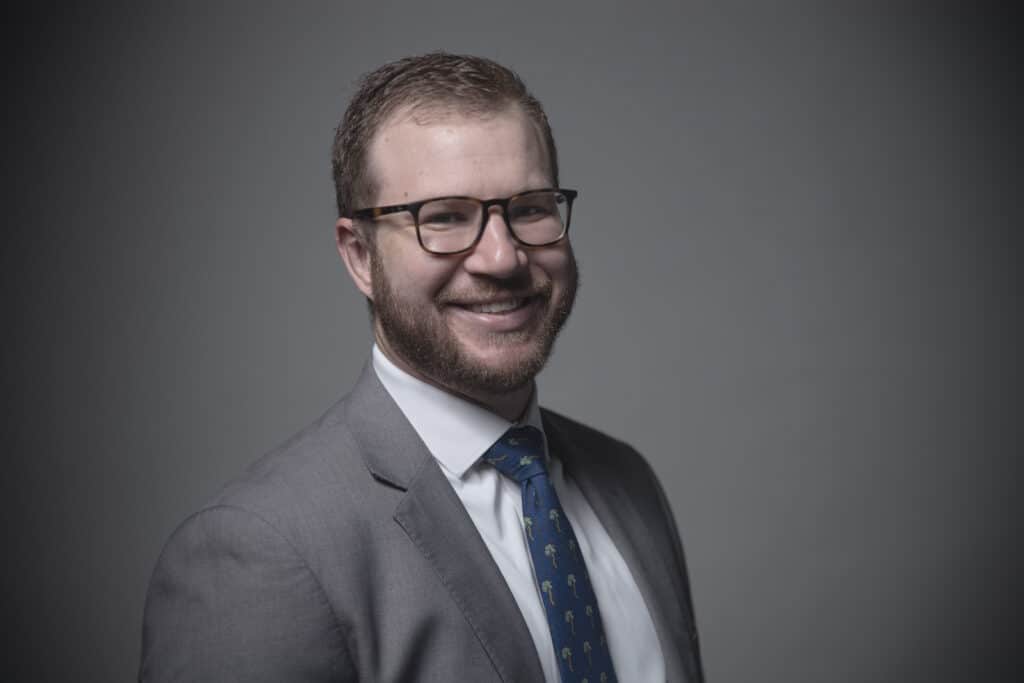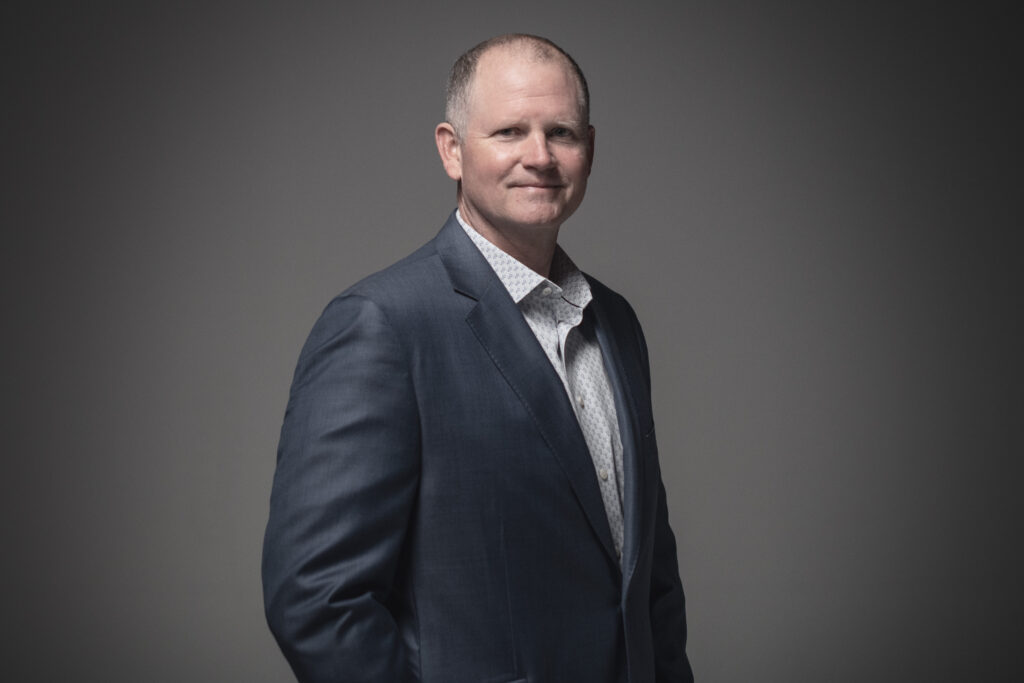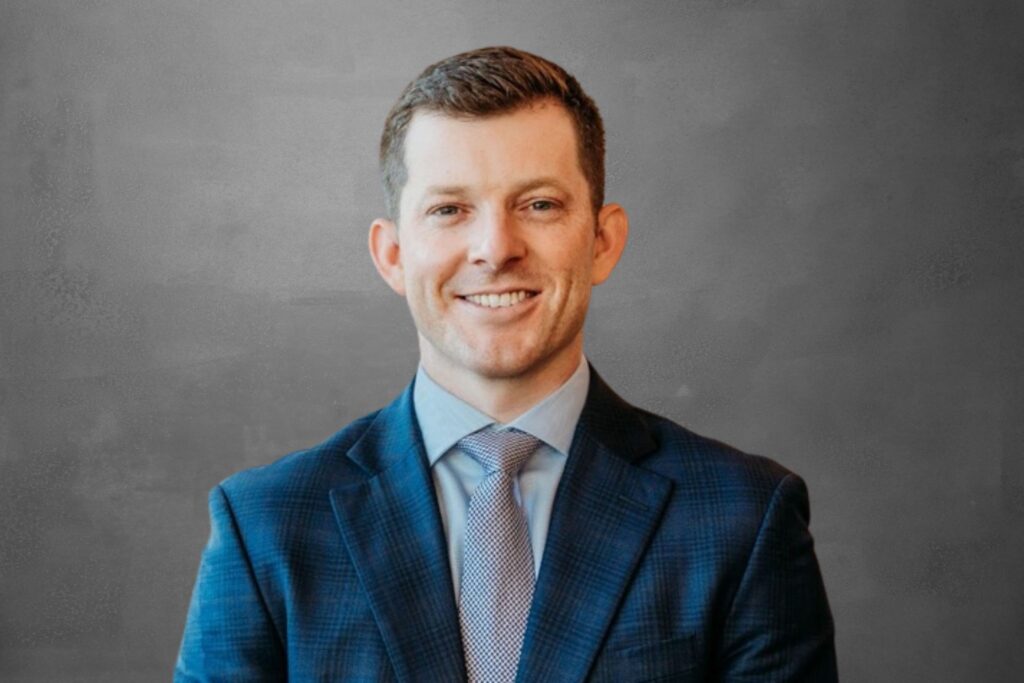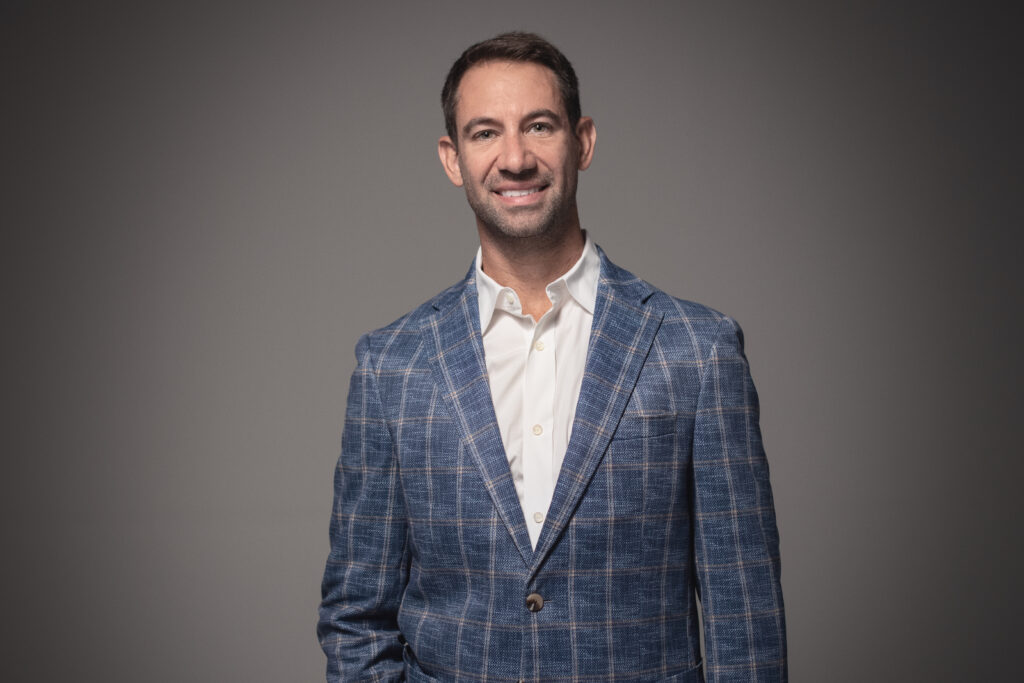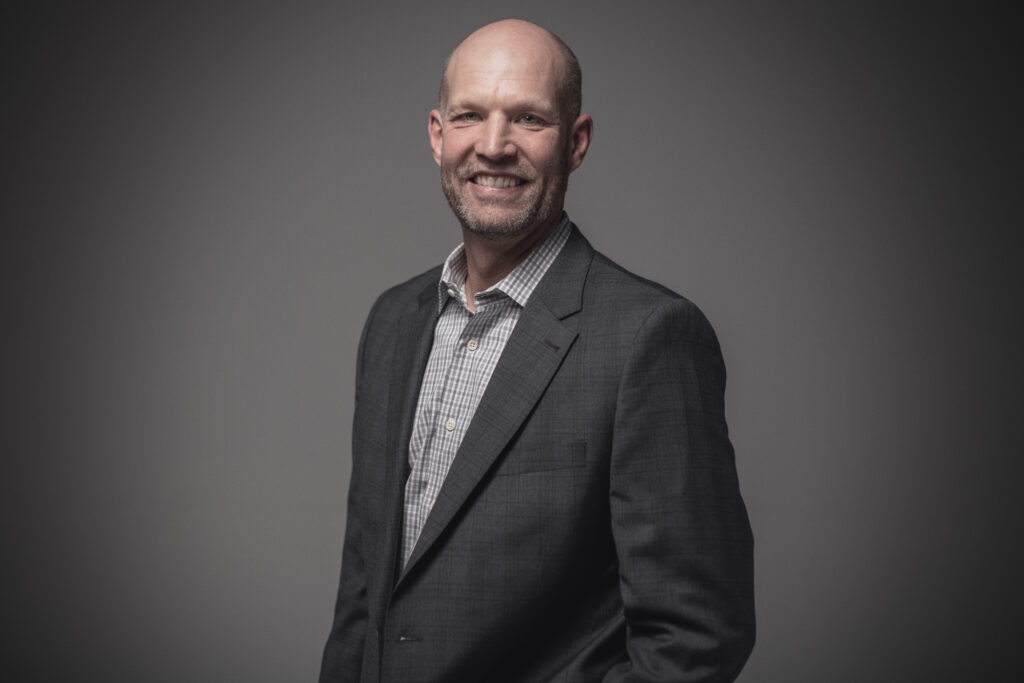JOINT REPLACEMENT SURGERY
Regain Your Mobility with Expert Joint Replacement Care
Joint replacement surgery may be the solution when joint pain interferes with your daily life. Orthopaedic Associates of Wisconsin’s board-certified surgeons specialize in advanced joint replacement procedures for the hip, knee, shoulder, elbow, and ankle. Whether your pain is caused by arthritis, injury, or long-term wear and tear, we’re here to help you move freely again with less pain and more confidence.
We perform hundreds of joint replacement surgeries yearly using the latest techniques, including minimally invasive approaches and robotic-assisted technology.
Hip Replacement Surgery
Hip replacement surgery is highly effective for treating severe hip arthritis or damage. Our surgeons replace the damaged bone and cartilage with a prosthetic joint designed to restore smooth movement and reduce pain.
Common Reasons for Hip Replacement:
Osteoarthritis
Rheumatoid arthritis
Avascular necrosis
We offer both total hip replacement and anterior hip replacement (a muscle-sparing approach with faster recovery time).
Knee Replacement Surgery
Knee replacement surgery (knee arthroplasty) can relieve chronic knee pain and stiffness long-term. Our orthopedic specialists offer:
Total knee replacement
Robotic-assisted knee surgery for enhanced precision
These procedures replace the damaged parts of the knee with metal and plastic components, improving joint alignment and movement.
Conditions Treated with Knee Replacement:
Degenerative joint disease
Post-traumatic arthritis
Bone-on-bone pain
Limited mobility due to knee joint damage
Shoulder Replacement Surgery
Shoulder replacement is often recommended for patients with rotator cuff arthropathy, shoulder arthritis, or severe fractures. We perform both:
Total shoulder replacement
Reverse shoulder replacement (ideal for patients with complex rotator cuff injuries)
This procedure restores function to the shoulder joint and allows for improved range of motion and reduced pain.
Elbow Replacement Surgery
While not as common as hip or knee replacements, elbow replacement surgery can be a highly effective solution for patients with severe elbow arthritis, complex fractures, or joint damage caused by rheumatoid arthritis or trauma. During the procedure, damaged parts of the elbow joint are replaced with a smooth metal and plastic implant designed to restore movement and reduce pain.
Our orthopedic team carefully evaluates each case to determine whether total or partial elbow replacement is the right solution. Recovery includes physical therapy to regain strength and range of motion, with many patients reporting improved function and significant pain relief. If elbow pain is limiting your daily activities, our joint replacement specialists can help you explore your options.
Ankle Replacement Surgery
Ankle replacement surgery (total ankle arthroplasty) can effectively treat patients with severe ankle arthritis or joint damage that has not responded to non-surgical options. During the procedure, damaged bone and cartilage in the ankle joint are replaced with a specially designed prosthetic implant that mimics the natural motion of the ankle, helping to relieve pain and improve mobility.
Our orthopedic surgeons use advanced surgical techniques to ensure precise placement of the implant, with the goal of preserving surrounding bone and tissue. Many patients find ankle replacement allows them to return to low-impact activities they enjoy while maintaining better joint function than with ankle fusion.
Common Reasons for Ankle Replacement:
Osteoarthritis of the ankle
Post-traumatic arthritis from previous injury
Rheumatoid arthritis
Chronic ankle pain and stiffness affecting daily life
We provide a personalized treatment plan and post-operative rehabilitation program to help you achieve the best possible outcome. If ankle pain is limiting your movement or quality of life, our joint replacement specialists can help you explore whether ankle replacement is right for you.
Benefits of Joint Replacement
Whether for your hip, knee, shoulder, elbow, or ankle, joint replacement surgery can improve your comfort and mobility. Common benefits include:
Long-lasting pain relief
Improved mobility and range of motion
Restored ability to enjoy daily activities
Better joint function compared to non-surgical alternatives
Personalized surgical care and recovery plans
Access to in-house physical therapy and follow-up care
Your Joint Replacement Journey at OAW
At Orthopaedic Associates of Wisconsin, your care doesn’t end in the operating room. From pre-surgical education and joint care classes to state-of-the-art surgery centers and dedicated rehabilitation programs, we support your recovery every step.
Our team takes the time to understand your lifestyle and goals, ensuring you receive the right joint replacement procedure for your specific needs.
OUR JOINT REPLACEMENT SPECIALISTS
Matthew R. Bong, MD
Specialties:
Hip, Knee, Joint Replacement (Hip & Knee)
DEREK DAMROW, MD
Specialties:
Shoulder, Elbow, Joint Replacement (Shoulder)
William A. Davies, MD
Specialties:
Hip, Knee, Joint Replacement (Hip & Knee)
Daniel P. Holub, MD
Specialties:
Hip, Knee, Joint Replacement (Hip & Knee)
Mick Kelly, MD
Specialties:
Hip, Knee, Joint Replacement (Hip & Knee)
Christopher Kilian, MD
Specialties:
Shoulder, Joint Replacement (Shoulder)
Mitchell Klement, MD
Specialties:
Hip, Knee, Joint Replacement (Hip & Knee)
Rick F. Papandrea, MD
Specialties:
Shoulder, Elbow, & Sports Medicine, Joint Replacement (Shoulder & Elbow)
Scott B. Schneider, MD
Specialties:
Hip, Knee, Joint Replacement (Hip & Knee)
Hongsheng Zhu, MD, Ph.D
Specialties:
Foot, Ankle, Knee & Sports Medicine, Joint Replacement (Knee & Ankle)
Ready to Take the Next Step Toward Relief?
Don’t let joint pain limit your life. Whether you’re dealing with chronic discomfort in your hip, knee, shoulder, or elbow, our joint replacement specialists are here to help. Schedule a consultation today.
